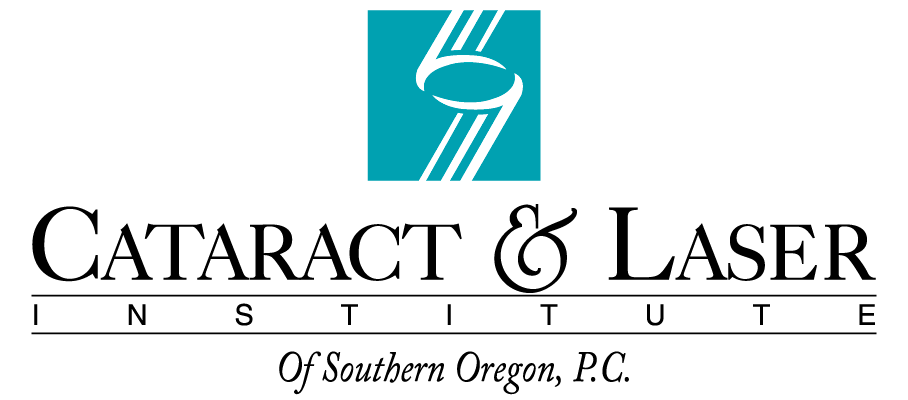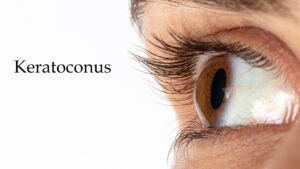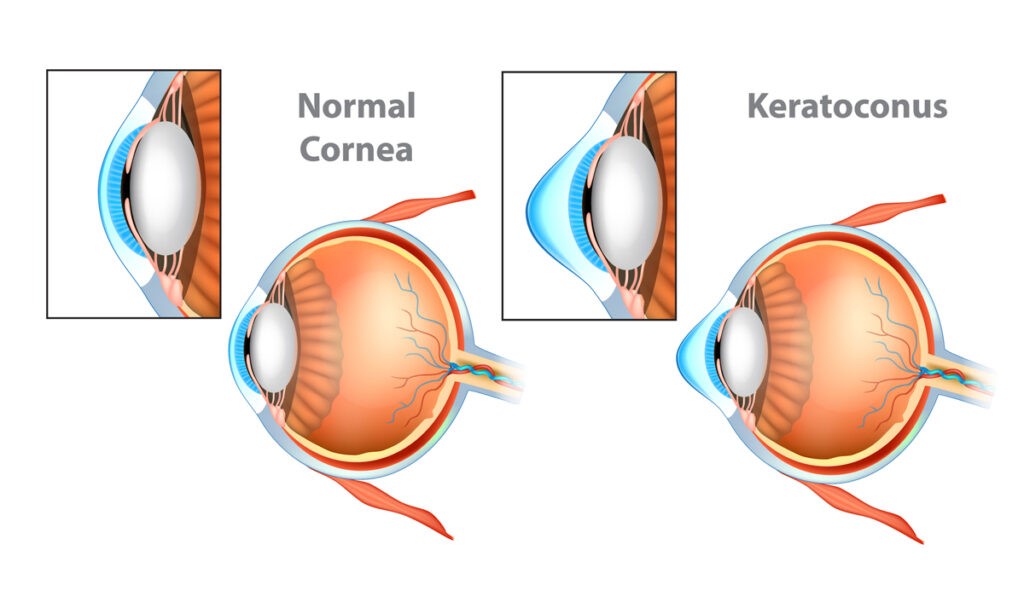K eratoconus is a condition of the cornea that can lead to blurry vision. In mild form, Keratocomus can be treated with eyeglasses or contact lenses, but more advanced cases may require surgery. Keratoconus can be detected in a comprehensive eye exam and the Cataract and Laser Institute. Schedule an appointment today by calling 800-892-2622 or 541-779-2020.
What is Keratoconus?
The cornea is the transparent, dome-shaped surface of the eye that is largely responsible for the eye’s focusing power. Under normal circumstances, the cornea must remain clear and perfectly shaped for the correct transmission and focusing of light and images onto the retina. Keratoconus, is a non-inflammatory eye condition in which the typically round dome-shaped cornea progressively thins and weakens, causing the development of a cone-like bulge and optical irregularity of the cornea. This change in shape brings light rays out of focus and results in the vision becoming blurry and distorted, making daily tasks like reading or driving more difficult.


